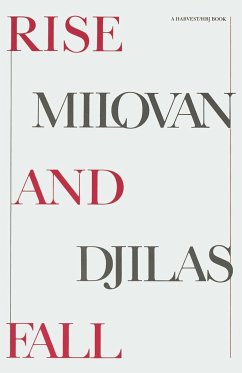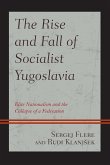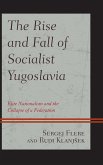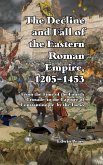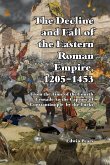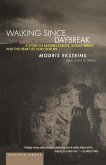In the aftermath of the dramatic Communist partisan victory that gave them control of Yugoslavia in October 1944, Milovan Djilas became one of the three aides closest to Tito; he witnessed revolutionaries becoming rulers, conferred with Stalin, and confronted him at the historic meeting that led to the break with Moscow. Ten years later, because Djilas criticized the misuse of power that led to the rise of a 'new class' and championed the cause of democratic socialism, he was expelled from the Central Committee and imprisoned for nine years. Djilas's inside account of a revolution gone awry, of a dictatorship whose power ethic led it to seize control not only of minds but of bodies as well, is a painful, personal book of bitter truths forged from the struggle to remain true to a revolution that was cruelly untrue to him.
Bitte wählen Sie Ihr Anliegen aus.
Rechnungen
Retourenschein anfordern
Bestellstatus
Storno

